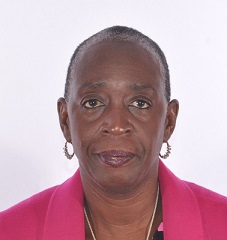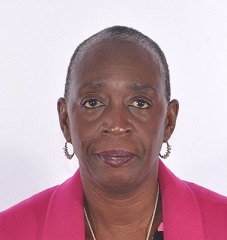BUDGET Alert # 3 This episode explains the National Budget.
[audio mp3="https://www.innovativealliances.com/wp-content/uploads/2022/11/National-Budget-PSA-3-E.mp3"][/audio]
BUDGET Alert # 3 This episode explains the National Budget.
Public Literacy Education and Awareness [PLEA]
This public education and awareness programme on the ‘Budget and the Budget Process in Grenada’ was aired on Vibes 101.3 FM radio station [ vibes101.3@gmail.com or kimsplaza@gmail.com] in Carriacou, as Kim the King graciously agreed to air the programme as a public service-free of cost.
The programme is the technical product of Ms. Laurel Bain and Dr. Juliet Melville, who worked with PR and Co [prandco473@gmail.com], to provide the education programme as a public service. Dr. Roxanne Brizan-St Martin, who anchors the programme, informs that the information was extracted from the workshop that was facilitated by Ms. Bain and Dr. Melville, and which was organized by the Non-State Actors Advisory Panel in Grenada, with support from the 11th European Development Fund [EDF] Technical Co-operation Facility and Support to Non-State Actors.
Ms. Laurel Bain is a former employee of the Eastern Caribbean Central Bank [ECCB] where she served for over twenty-five (25) years in various positions, including that of Deputy Director in the Research Department, Senior Director of the Statistics Department and Senior Director in the Governor’s Office. During this period, Ms. Bain undertook economic assessments of countries and considerable research on fiscal policy and tax structures. Ms. Bain worked extensively with the countries of the Eastern Caribbean Currency Union and with international development agencies and regional institutions. She has written, and continues to write, on economic and fiscal policy issues which are now published in ‘Budget Alert’. Email: Laurelbain@hotmail.com
Dr. Juliet Melville is an Independent Consultant and Director of Venture Research (B’dos) Inc. She has over twenty (20) years’ experience in international development work with fifteen (15) of these at the Caribbean Development Bank where she served in various capacities including Acting
Director of Economics, Chief Economist and Chief Research Economist. Dr. Melville possesses strong skills in economic analysis, economic planning and policy formulation and was routinely involved in the monitoring and analysis of socio-economic developments in Caribbean countries and the wider international community. Dr. Melville is an avid researcher and publishes regularly, particularly on economic and public debt issues. Email: julietmelville5@gmail.com
Dr. Roxanne Brizan-St. Martin is an Economist with over seventeen (17) years of experience in research, project management, health accounting and capacity building in over eleven (11) Caribbean countries, in the area of health and socio-economic development. Dr. Brizan-St. Martin specializes in health systems management, health financing and healthcare access options
and challenges in the Caribbean. She is also trained in Local Capacity Advocacy and Policy Monitoring for Civil Society Organizations (CSOs), Gender Statistics and Gender Equality, Results Based Project Management, COVID-19 Contact Tracing and Spatial Econometrics. Email: roxannebrizan@hotmail.com






